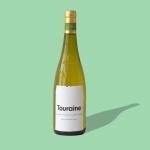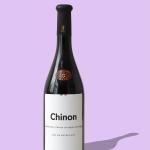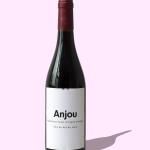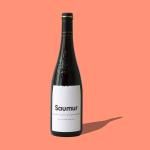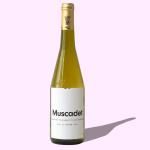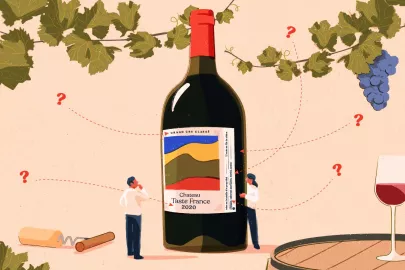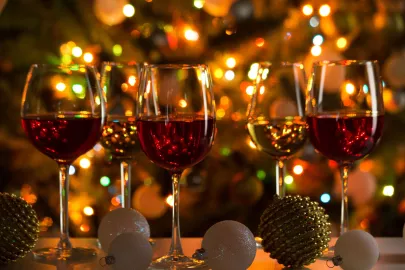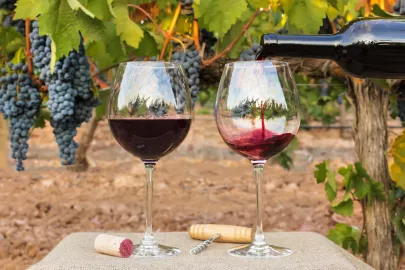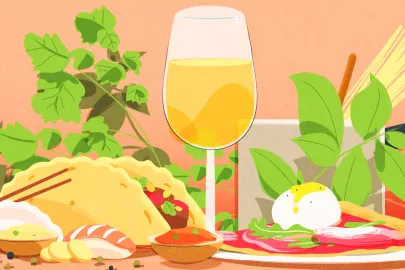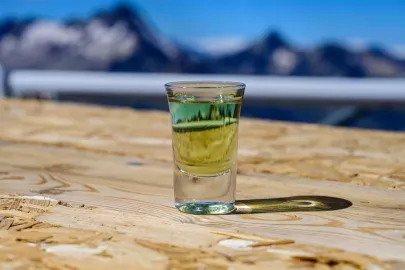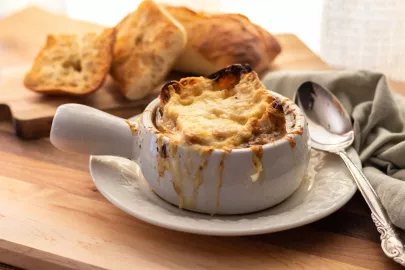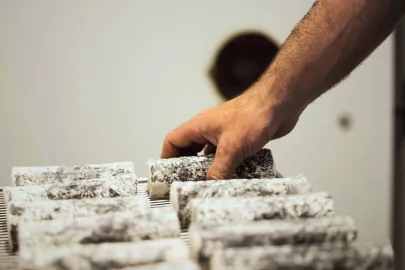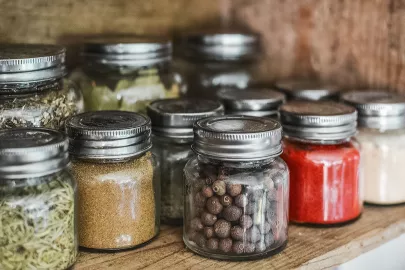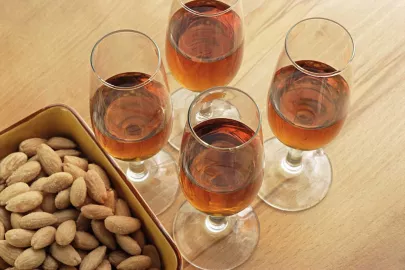These 8 Loire Valley-Based Producers Need to Be on Your Radar
Seeking out delicious wine can sometimes feel overwhelming, and natural wine is no exception. However, if you know where (and who) to drink from, navigating your way to something tasty becomes a whole lot easier.
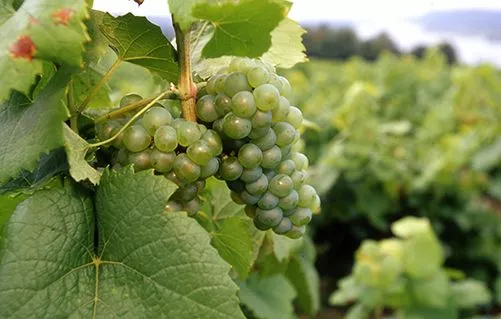
Finding producers you love is key to determining the style of wines you enjoy drinking. Once you’ve nailed down a few solid Domaines, finding bottles made in a similar style becomes pretty simple. Additionally, getting to know the hands and faces behind the wine provides excellent insight into a given Domaine’s farming practices, vinification philosophy, and overall mentality.
If you love natural wine – that is, wine produced with organic and/or biodynamic fruit, native yeasts, and a low-intervention mentality – then at least one or two Loire Valley producers are likely already on your radar. This diverse region has become a hotbed for this style of wine production, and more and more producers are rising onto the scene seemingly by the day. We’ve rounded up 8 top natural wine producers in the Loire that we can’t get enough of. Trust us – these producers need to be on your radar.
Matthieu & Bernard Baudry (PDO : Chinon)
For fans of all things Chinon, this father-son duo is a no-brainer. Bernard founded this eponymous Domaine back in 1975 and has since grown his holdings to 25 hectares. At Baudry, all fruit is farmed organically, is fermented with native yeasts, and is vinified in cement. Bernard’s son Matthieu joined him at the Domaine back in 2000 after working abroad in Tasmania and California. This international experience, as well as a multi-generational approach, give these wines a unique touch. For some of the region’s best Cabernet Francs, these traditionalists are where it’s at.
Catherine & Pierre Breton (PDO : Touraine, Vouvray & Chinon)
For small-production natural wines in some of their most compelling forms, check out the wines of Catherine and Pierre Breton. This dynamic duo first began making single-vineyard cuvées from local varieties back in 1982, and today, their production of just 6,700 cases is dedicated to 20 small-batch wines (most are produced from Cabernet Franc, though small amounts of Chenin, Sauvignon Blanc, and Grolleau are also vinified). The Bretons vineyards have been certified organic since 1991, and biodynamics have been implemented for over 25 years. Their small plots are rooted in a variety of different soil types, which consistently produce uniquely different yet equally compelling wines. These OG natural wine icons have forever influenced the movement worldwide.
When it comes to natural wine in Saumur, Mathieu Vallée reigns king. After taking over from previous owners back in 2007, Mathieu now farms 13 hectares of vines around the 16th century château all organically. His varietal Cabernet Francs range from light and fresh to more structured and ageworthy in style, and his Chenin Blancs are some of the most pure and expressive bottles coming out of the appellation. For a deep dive into Saumur, this is a great place to start.
Domaine de l'Ecu (PDO Muscadet Sèvre et Maine)
The natural wine movement is alive and well in the Loire’s Pays Nantais, and Domaine de l’Ecu is a big reason why. The domaine has been certified organic and biodynamic for over 40 and 20 years respectively, which pioneered the way for many neighboring domaines to follow suit. Today, the domaine is best known for their emphasis on single-soil type bottlings, which are reflected in the domaine’s cuvée names (Orthogneiss, Granite, etc.) All wines at L’Ecu are produced from fruit harvested from low-yielding vines. Ferments take place with natural yeasts, no pumping or racking is done (only gravity-fed movements are used), and hardly any sulfur is used in the process. Domaine de l’Ecu was also one of the first estates in all of France to use amphora for vinification purposes. For vibrant, expressive, and shockingly affordable natural Muscadets, this iconic producer is where it’s at.
Domaine de la Grange Tiphaine (PDO : Touraine)
La Grange Tiphaine was created at the end of the 19th century by the Delecheneau family. In 2002, Damien took over from his father. Alongside his wife, Coralie, they work on their 16-hectare vineyard. Damien’s talent as a winemaker is evident from the multitude of beautifully balanced, elegant, and precise red, white, rosé and sparkling wines that he crafts from five different varieties: Chenin Blanc, Côt (Malbec), Gamay, Cabernet Franc, and even the ancient and rare Loire variety, Grolleau.
The wines are produced in the Touraine AOC. All of their wines are certified organic and biodynamic. They are rich, round, and fruit-driven, whether dry or sweet, yet they all share the common thread of careful work in the vines that make for beautifully balanced, terroir- driven, and precise wines.
Domaine Amirault (PDO : Saint-Nicolas-Bourgueil)
The Amirault family has been producing their wines in Clos des Quarterons for over 180 years. With 37 hectares to their name, Agnès and Xavier Amirault, alongside their hardworking team, seek to produce wines that reflect the place from which they come, as well as transmit their passion for high-quality wine and their unique terroir along the way. The duo vinifies their wines with utmost respect for the environment put first. All of the Amirault’s wines are produced from certified organic and biodynamic (Demeter) vineyards.
Domaine de la Roche Bleue (PDO : Jasnières & Coteaux du Loir)
Although small, the Coteaux du Loire is fierce. The entire appellation comprises just 70 hectares, and 2.5 of them belong to Domaine de la Roche Bleue (they also have 3 hectares in Jasnieres). Founded in 2008 by Sancerre native Sébastien Cornille, this impressive Domaine makes their wines with organic/biodynamic fruit, native yeasts, and little SO2. In addition to a few single-vineyard cuvées of thirst-quenching white Chenin, Sébastien also produces reds. When you see a Domaine de la Roche Bleue, pick it up and get the party started.
Domaine Les Grandes Vignes (PDO: Anjou, Bonnezeaux, & More)
Although most natural wine producers tend to err on the smaller side, Domaine Les Grandes Vignes is a pleasant exception. This larger family Domaine comprises an impressive 55 hectares, all of which are certified organic and biodynamic. Their lineup of wines ranges from lightly sparkling to still, dry to sweet, and covers a variety of colors. The majority of the wines age for up to 12 months in tanks or barrels, and only the sweet whites see a bit of sulfur upon bottling (reds are bottled without sulfur or filtration). These budget-friendly natural bottles continue to surprise us in the best possible way.
Everything in between, these dynamic brothers have something for everyone. We recommend snagging these bottles when you see them, as production is so small that they often sell out immediately. Serve 'em chilled with classic French-inspired snacks and get ready for a delicious happy hour at home!
HANDBOOK
Conventional wine - Conventional wines are produced from grapes grown in traditional vineyards. The use of chemical inputs is permitted by regulation. As its name suggests, the conventional method is the most common in French vineyards. It is at the discretion of the producer to follow a reasoned approach (minimum use of inputs, respect for the environment and biodiversity).
Organic wine - Organic wine is produced from organically grown grapes, which prohibits the use of chemical inputs. In France, organic wines are certified “AB” or “organic wine”.
Biodynamic wine - Biodynamic wine comes from biodynamic agriculture which combines an organic practice with a holistic approach, that is to say with a minimum of human intervention / promoting the balance between the land and the vine. These methods include the use of natural preparations / decoctions / treatments and the consideration of lunar and planetary rhythms in the production system. If there is a specification that regulates the label ("Demeter", "Biodyvin" ), All producers have a different interpretation of biodynamics.
Natural wine - Natural wine is a term used to refer to wines that are vinified according to a `` minimalist '' philosophy, which means that nothing is added or taken away. Thus, the grapes come from organic or biodynamic agriculture, the wines are fermented with natural yeasts and are bottled unfiltered.
N.B.: The definition of the different wine-making practices, although regulated by certifications, does not directly take into account the quality factor of the final product. The choice of these practices stems solely from a personal approach by the winegrower.
Contributor
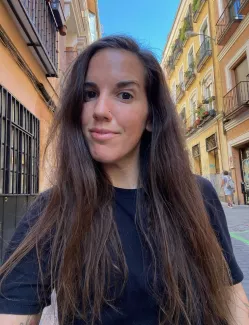
Editor

